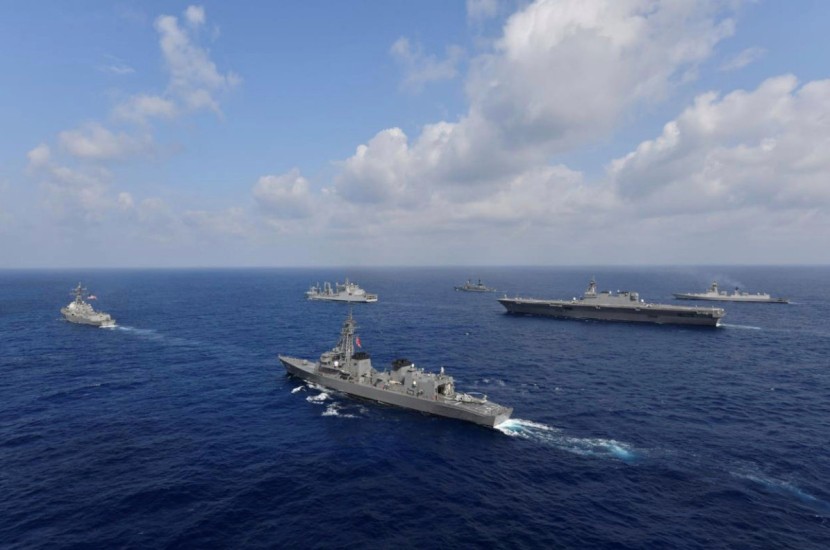
For the second time, the Philippines has suspended its decision to scrap the Visiting Forces Agreement (VFA) that stood for 20 years on Wednesday, according to Manila's foreign ministry. The allied nations are currently working on a long-term mutual defense arrangement.
The latest deadline for the said agreement will be one thing that the new U.S. president will be reviewing in the early days of his new term.
Philippines Foreign Affairs Secretary Teodoro Locsin shared in a statement that Philippines President Rodrigo Duterte has requested extra months for the country to find a more enhanced and a mutually agreeable, beneficial, and more effective and lasting arrangement in moving forward both nation's defense, Reuters reported.
The Philippines President also mentioned that he was looking forward to working closely with the new administration in Washington.
Locsin also added that the past four years have changed the South China Sea from uncertainty about the great powers' intentions to predictability and resulting stability with regards to what can be done and what cannot be done.
According to Yahoo! News, the United States and the Philippines are treaty allies along with numerous military agreements. Still, the majority of it was dependent on the VFA, as it serves as the legal framework for which the troops sent by Washington can operate on a rotational basis in the Southeast Asian country.
On the other hand, Duterte sent a notification to Washington in February that he was canceling the deal after an allied senator was denied a U.S. Visa.
Read also: Azerbaijan Signs Peace Deal with Armenia and Russia over Nagorno-karabakh, Ending War in the Region
Still, in relation to the visa denial, Duterte had also repeatedly mentioned that he would break from the long-standing security ties with the United States, which was the country's former colonial master, in favor of closer ties with China.
The Philippines' abrogation of the VFA was initially suspended for six months that would expire in December.
Duterte has fostered warmer ties with Beijing since he sat on the presidential seat in 2016, shelving a territorial spat over the South China Sea while setting aside traditional partners like Europe and the United States, AFP reported via MSN.
But most of the pledges that China mentioned, such as billions of dollars of loans, investments, and aid, have yet to reach the Southeast Asian nation.
When requested for a comment, the United States embassy in Manila did not immediately give a response.
Duterte's latest decision that was announced by Locsin came after Duterte congratulated Joe Biden, who defeated President Donald Trump after garnering 290 electoral votes to Trump's 214 during the November 3 U.S. election.
Foreign Minister Locsin emphasized in his statement that was addressed to the National Security Advisor of the United States, Robert O'Brien, that Duterte's decision will enable the Philippines to find not only a more enhanced and mutually beneficial arrangement but also one that will be lasting as well.
Related article: Sen. John McCain's Widow, Cindy McCain, to Join Biden's Transition Team
© 2025 HNGN, All rights reserved. Do not reproduce without permission.








